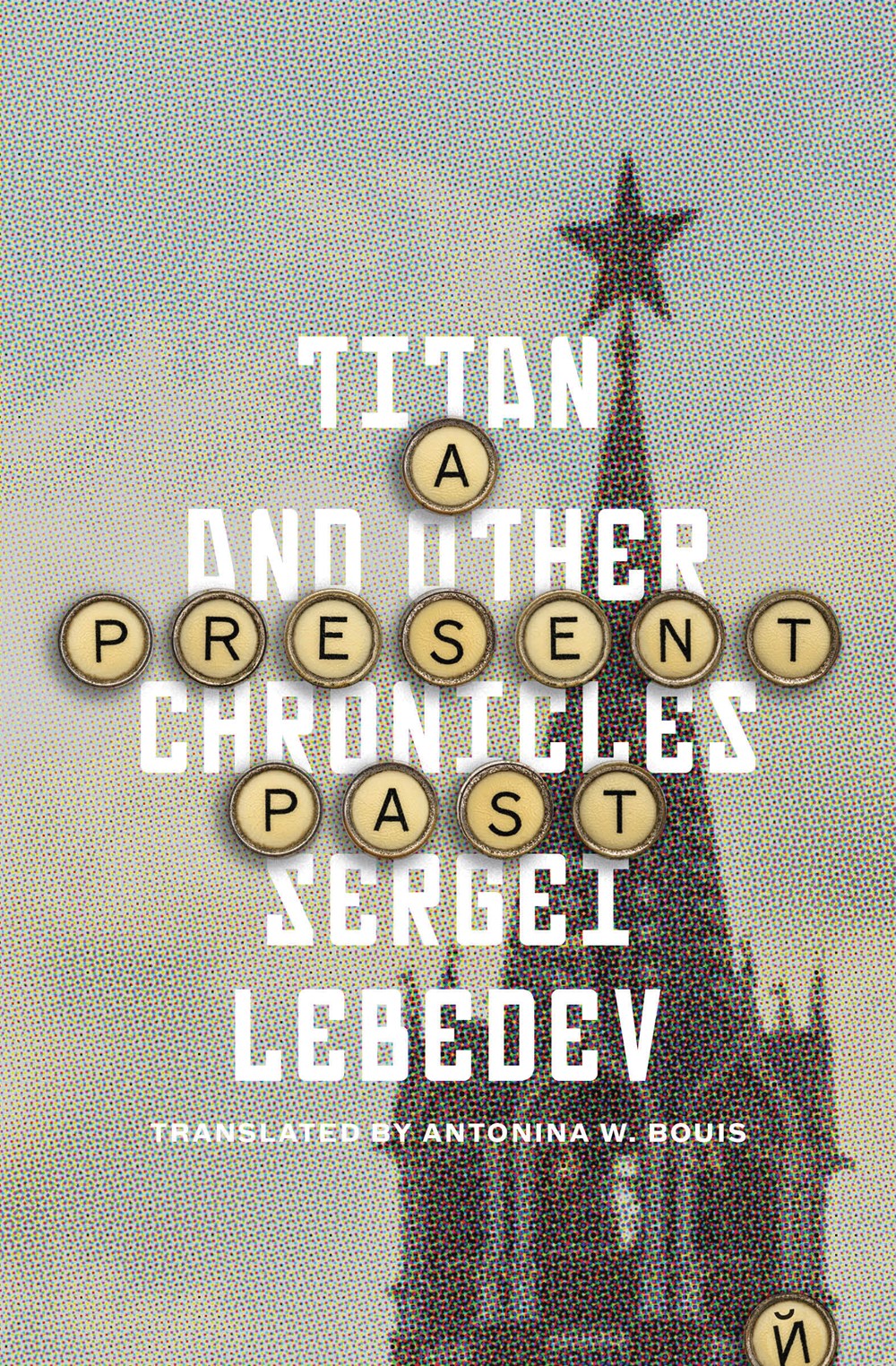2018 School Spending Survey Report
A Present Past: Titan and Other Chronicles
New Vessel.
Apr. 2023.
288p.
tr. from Russian by Antonina W. Bouis.
ISBN 9781954404182. pap. $17.95.
F
COPY ISBN
 Like his masterly novels (e.g., Oblivion), Lebedev’s short fiction shows how the weight of Russia’s past is carried into the present, ever shaping it. But while his writing is as vibrant and steely as ever, here it’s got a fantastical edge that recalls Gogol’s use of fairy tale or surrealist touch. A boy whose intense stare can make a broken cuckoo clock spring to life unsettles villagers by opening the padlock to a mysteriously sealed barn, which stands empty but for a creeping sense of German occupation during World War II. A cardholder suggests its own past as the possession of a nobleman hunted down by the NKVD, finally bringing its current owner a burning vision of the nobleman’s end. A man revisiting his childhood dacha discovers an old neighbor hunkered in an underground room and envisions his memories, the fate lines on the man’s palm transferred to his own when they clasp hands. In a bravura story about the power of language, centered on the short i in the Russian alphabet, a man compelled to work for the KGB owing to his gift of mimicry realizes that his grandmother, too, was forced to work for the state.
Like his masterly novels (e.g., Oblivion), Lebedev’s short fiction shows how the weight of Russia’s past is carried into the present, ever shaping it. But while his writing is as vibrant and steely as ever, here it’s got a fantastical edge that recalls Gogol’s use of fairy tale or surrealist touch. A boy whose intense stare can make a broken cuckoo clock spring to life unsettles villagers by opening the padlock to a mysteriously sealed barn, which stands empty but for a creeping sense of German occupation during World War II. A cardholder suggests its own past as the possession of a nobleman hunted down by the NKVD, finally bringing its current owner a burning vision of the nobleman’s end. A man revisiting his childhood dacha discovers an old neighbor hunkered in an underground room and envisions his memories, the fate lines on the man’s palm transferred to his own when they clasp hands. In a bravura story about the power of language, centered on the short i in the Russian alphabet, a man compelled to work for the KGB owing to his gift of mimicry realizes that his grandmother, too, was forced to work for the state.
VERDICT Not just for fans of Russian literature, though casual readers may be challenged; the discerning will find much brilliance here.
ALREADY A SUBSCRIBER? LOG IN
We are currently offering this content for free. Sign up now to activate your personal profile, where you can save articles for future viewing




Comment Policy:
Comment should not be empty !!!